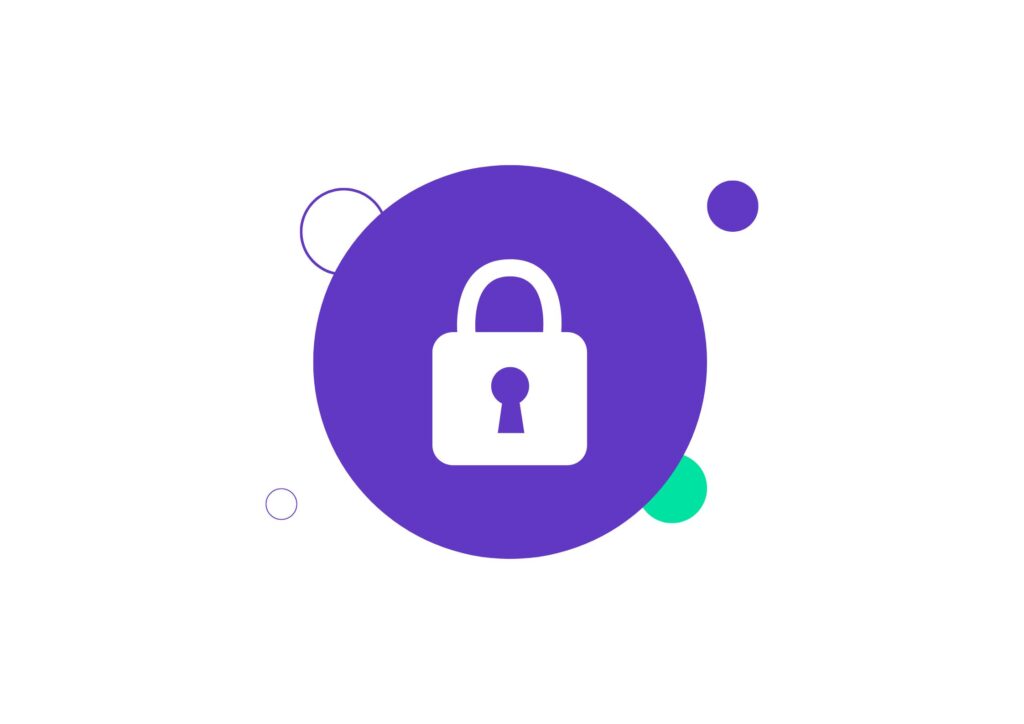Websites are an essential part of any company’s digital presence and often contain sensitive information. It is important that your website has the highest possible level of security.
There are many ways to improve the security of your site. Here are some ideas on how to make your website more secure.

Security and hosting
Get secure hosting. The hosting company should ensure data security, including the protection of personal data of customers and their accounts. Hosting services should be constantly audited to detect potential threats in time. Thanks to this, you can prevent extremely unpleasant attacks by cybercriminals.
Update your website regularly
Regularly updating the website ensures that you have all the latest security fixes. Updates can help reduce the risk of someone exploiting a critical vulnerability on your site.
Regular backup
We recommend that you regularly back up your site, i.e. take a snapshot of the file and database in the current version. Thanks to this, the level of data protection increases, but also security in access and information management.
Security and SSL certificate
SSL (Secure Socket Layer) is a network protocol that enables data encryption. Data encryption is especially needed when a website collects sensitive data such as name, address, payment details. Your hosting provider can install an SSL certificate for you. You can also install it yourself. Check how to install an SSL certificate on your website.
Strong passwords
An important step in website security is the use of strong passwords. Uncrackable passwords are complex and contain many types of characters (numbers, letters and symbols). Don’t use the same passwords in all locations. The administrator account login information should not be the same as your default username and password. Make sure you log out of your admin login when you’re done working on the site.
Let’s Build Something Great
Ready to discuss your project or potential partnership?

